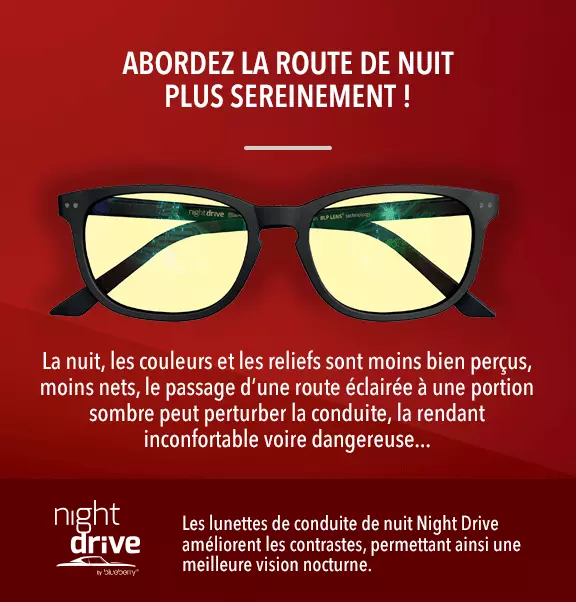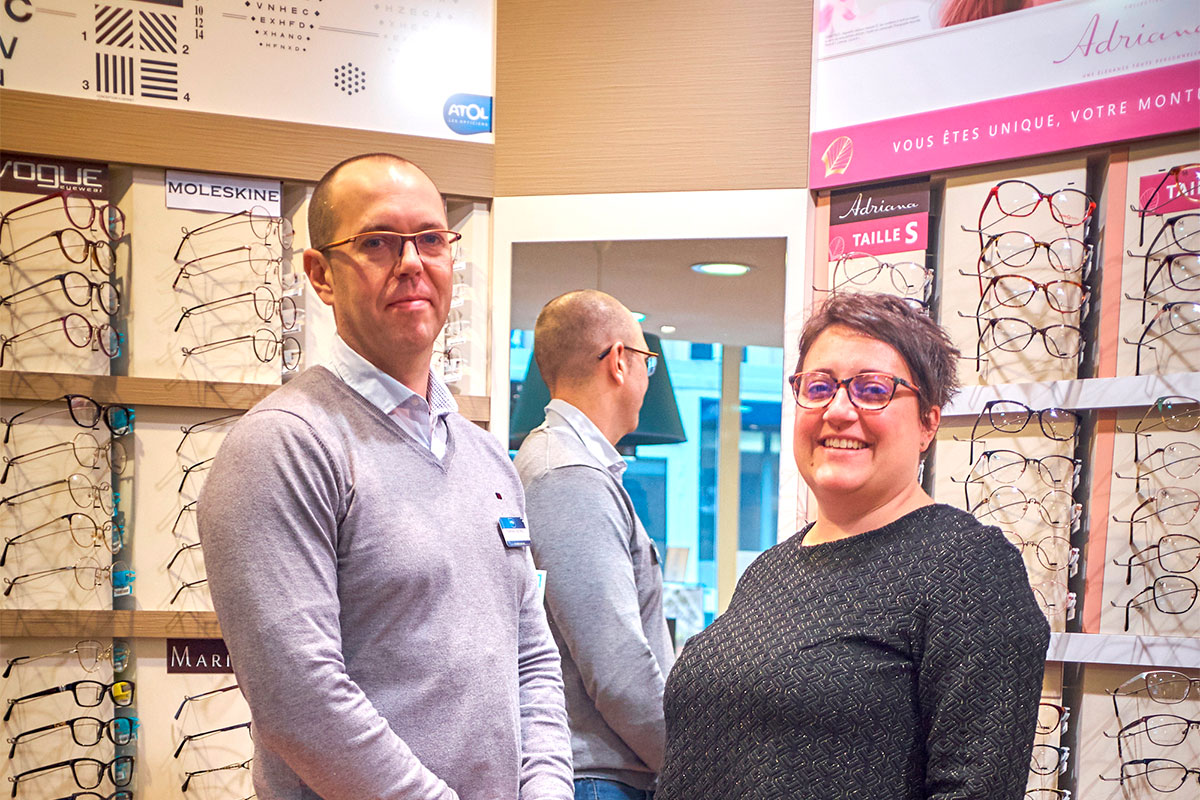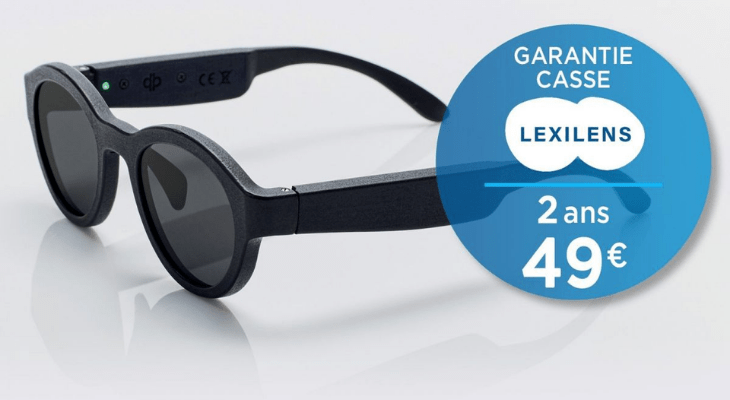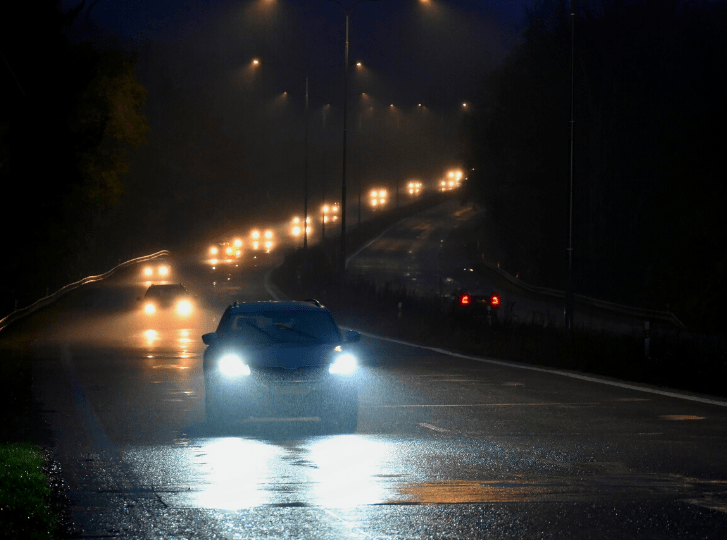
ATOL et les équipements de conduite de nuit ça ne fait qu'un ! Vos lunettes conduite de nuit à partir de 39€* chez votre opticien Atol. - info-chalon.com - Le journal gratuit
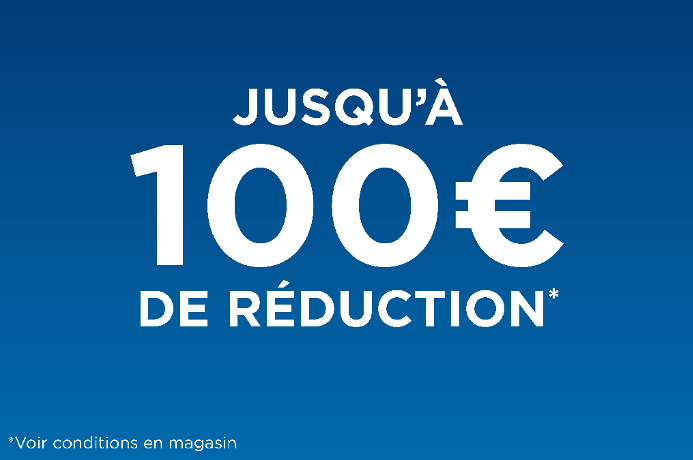
ATOL et les équipements de conduite de nuit ça ne fait qu'un ! Vos lunettes conduite de nuit à partir de 39€* chez votre opticien Atol. - info-chalon.com - Le journal gratuit

Atol Mon Opticien on Twitter: "#OffreConduiteDeNuit : Conduire la nuit est 2 fois plus risqué que le jour. N'attendez plus pour vous équiper et ainsi profiter de la quiétude nocturne ! 👓🚗🌙 #

Atol Mon Opticien - 𝗖𝗼𝗻𝗱𝘂𝗶𝗿𝗲 𝗱𝗲 𝗻𝘂𝗶𝘁 𝗲𝗻 𝘁𝗼𝘂𝘁𝗲 𝘀𝗲́𝗿𝗲́𝗻𝗶𝘁𝗲́ 🚗 Il fait nuit 🌜quand vous partez travailler et quand vous rentrez chez vous le soir ? Ça tombe bien, l'offre conduite



